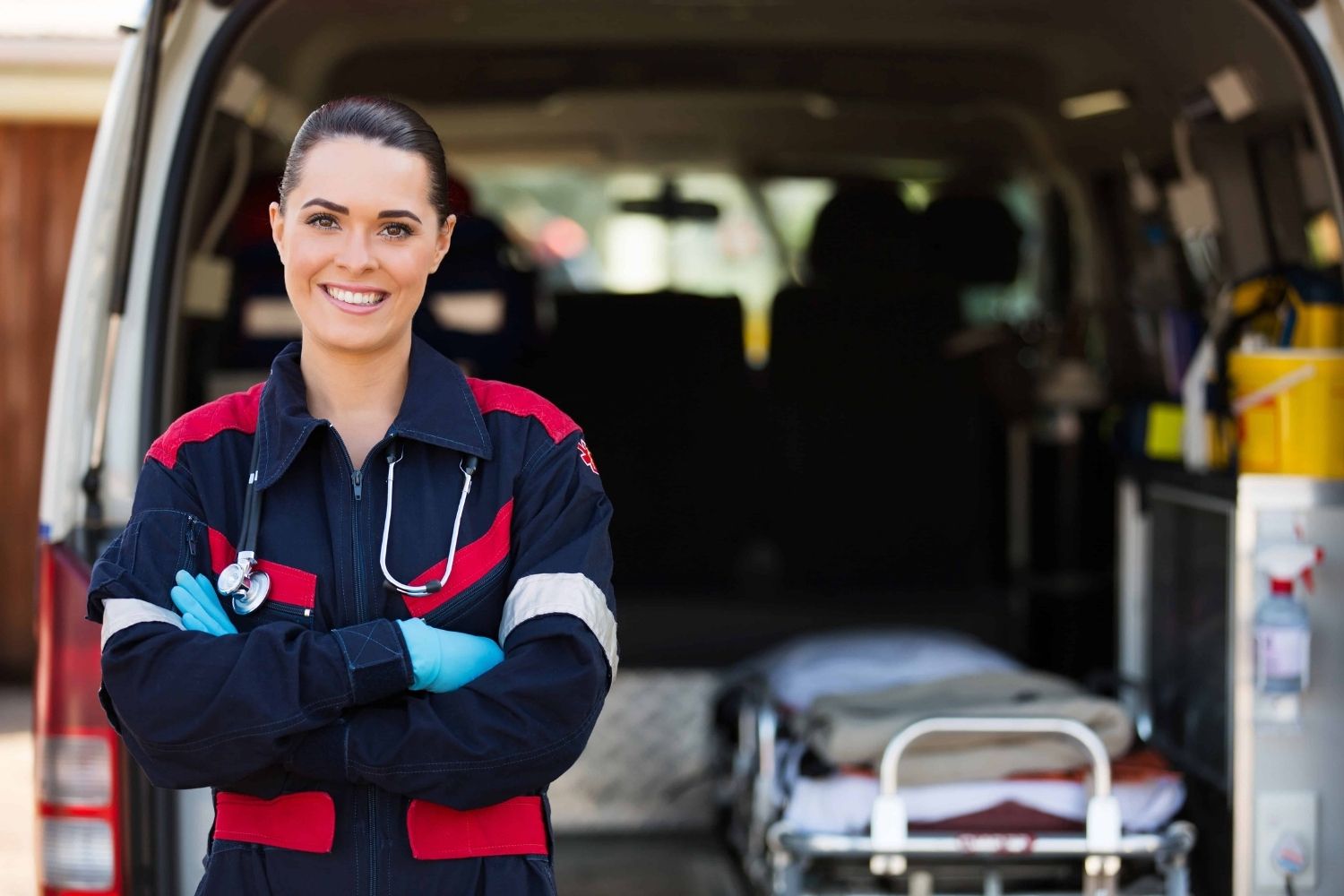Dive into the critical world of EMT pharmacology, where understanding medications can make the difference in life-saving situations. This quiz will challenge your knowledge on the drugs and treatments that are pivotal in emergency medical care. Sharpen your skills and ensure you’re prepared for any scenario.
We recommend that you do not leave the page that you are taking this quiz in. Stay honest 🙂
EMT Pharmacology Quiz Questions Overview
1. What is the primary use of epinephrine in emergency medical services?
To treat hypertension
To manage severe allergic reactions
To reduce fever
To relieve pain
2. Which medication is commonly used to treat opioid overdoses?
Naloxone
Atropine
Diazepam
Lidocaine
3. What is the mechanism of action for aspirin in the context of myocardial infarction?
It increases heart rate
It dilates blood vessels
It inhibits platelet aggregation
It reduces blood pressure
4. Which of the following is a contraindication for the use of nitroglycerin?
Hypertension
Bradycardia
Recent use of erectile dysfunction medication
Tachycardia
5. What is the typical route of administration for albuterol in emergency settings?
Oral
Intravenous
Inhalation
Intramuscular
6. Which medication is used to treat hypoglycemia in diabetic patients?
Insulin
Glucagon
Metformin
Aspirin
7. What is the primary effect of atropine in emergency situations?
Slows down heart rate
Increases heart rate
Lowers blood pressure
Induces vomiting
8. Which drug is commonly used as a bronchodilator in asthma attacks?
Epinephrine
Albuterol
Aspirin
Morphine
9. What is the main purpose of administering activated charcoal in poisoning cases?
Induces vomiting
Neutralizes the poison
Absorbs the poison
Increases urine output
10. Which medication is used to treat acute coronary syndrome by dissolving blood clots?
Aspirin
Heparin
Alteplase
Nitroglycerin
11. What is the primary action of naloxone in opioid overdose?
Stimulates the central nervous system
Binds to opioid receptors to block the effects
Increases respiratory rate
Reduces blood pressure
12. Which medication is used to treat severe bradycardia in emergency settings?
Adenosine
Atropine
Epinephrine
Lidocaine
13. What is the primary use of diazepam in emergency medical services?
Pain relief
Seizure control
Hypertension
Bronchospasm
14. Which drug is an anticoagulant used to prevent blood clots?
Aspirin
Heparin
Albuterol
Nitroglycerin
15. What is the main indication for the use of morphine in emergency settings?
To reduce fever
To relieve pain
To treat infections
To lower blood pressure
16. Which medication is used to treat severe allergic reactions and anaphylaxis?
Epinephrine
Aspirin
Naloxone
Lidocaine
17. What is the primary action of lidocaine when used in cardiac emergencies?
Increases heart rate
Acts as a local anesthetic
Treats ventricular arrhythmias
Reduces blood pressure
We recommend that you do not leave the page that you are taking this quiz in. Stay honest 🙂
Can Your Friends Do Better Than You in This Quiz?
Share this quiz with your friends and compare results.
Was this page helpful?
More Popular Health & Wellness Quizzes:
-
Basic ECG Quiz
-
Mental Health First Aid Quiz
-
Pancreatic Cancer Quiz
-
Trauma-Informed Care Quiz
-
Diaper Quiz
-
Surgical Instruments Quiz











